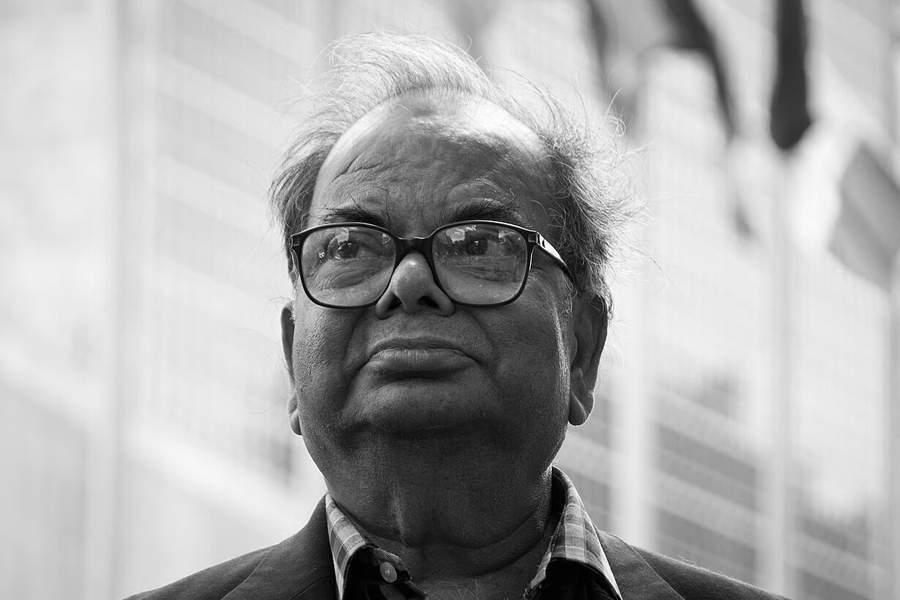 |
| The inscribed first edition of The Jungle Book found in the library at Wimpole Hall. The inscription reads: “This book belongs to Josephine Kipling for whom it was written by her father, May 1894.” |
London, April 8: A rare first edition copy of The Jungle Book by Rudyard Kipling, with a poignant handwritten inscription by the author to his young daughter, has been discovered at the National Trust’s Wimpole Hall in Cambridgeshire.
The inscription reads: “This book belongs to Josephine Kipling for whom it was written by her father, May 1894.” It is unsigned but, based on many other items in the Kipling archive, is believed to be his handwriting.
Josephine died of pneumonia five years later at the age of six.
Fiona Hall, curator at Wimpole Hall, said: “This inscription is very touching, especially when you consider that Kipling lost not only Josephine but also his youngest child, John, who died in the Great War. As Kipling’s only remaining child, Elsie would have really treasured this book.”
In recent years, Kipling’s reputation has been shredded to some extent by a growing band of critics who delight in depicting him as a racist and an imperialist. He has also been held up as a man wracked with guilt over the death of his son, John, who was encouraged to go to war by his father as a manly thing to do but whose body was never found after he was killed.
Nevertheless, to children all over the world, The Jungle Book, which gave life to the forests of India, remains an all-time favourite. Many have come to the story of Mowgli through the Disney film but millions of children (and grown-ups) will continue to enjoy the book.
The book with the inscription is from a collection of Kipling’s works that belonged to his second daughter, Elsie Bambridge, who lived at her marital home of Wimpole Hall from 1938–1976. The Kipling family home, Bateman’s, was given to the National Trust in the 1930s. So it is thought that Elsie brought her collection of books with her, including the book dedicated to her sister, when she moved in.
The book, which is now on display at Wimpole Hall, has only recently come to light following a three-year project to catalogue the extensive library.
Mark Purcell, the National Trust’s Libraries curator, said: “There are nearly 7,000 books in the Wimpole library and this has been a big project to catalogue them all properly, but as one of the nation’s favourite children’s books of all time, this first edition of The Jungle Book with its rare inscription is very special.”
 |
| Kipling’s children (from left) Josephine, John and Elsie |
The Wimpole Hall Library has changed much over time, with subsequent owners adding to and selling off collections.
Elsie, the last owner of Wimpole, significantly added to the collection with her own books, those of her husband and, importantly, books from both her father’s and mother’s collections.
The cataloguing at Wimpole is part of a long-term project across 160 National Trust properties, with over 155,000 historic books already recorded on an online database.
The National Trust cares for 300 inspiring historic houses and gardens across England, Wales and Northern Ireland.
Kipling (December 30, 1865 – January 18, 1936) was born in Bombay in the Dean’s bungalow which nestles in the grounds of the JJ School of Art. Plans to convert the house into a museum commemorating the writer have been shelved “following concerns that a memorial to the renowned imperialist and chronicler of the British Raj would be politically unpalatable”.
Andrew Lycett, Kipling’s biographer and whose latest work, Kipling Abroad, has just been published, says India has a love-hate relationship with the writer.
“It was the wellspring of his imagination,” Lycett said. “But I can well understand why Indians look askance at him in this day and age. He was an imperialist. He was not a supporter of Indian nationalism. On the other hand, he was the first great Indian writer in the English language. He was of English stock. The British are still trying to make up their mind about Kipling.”










